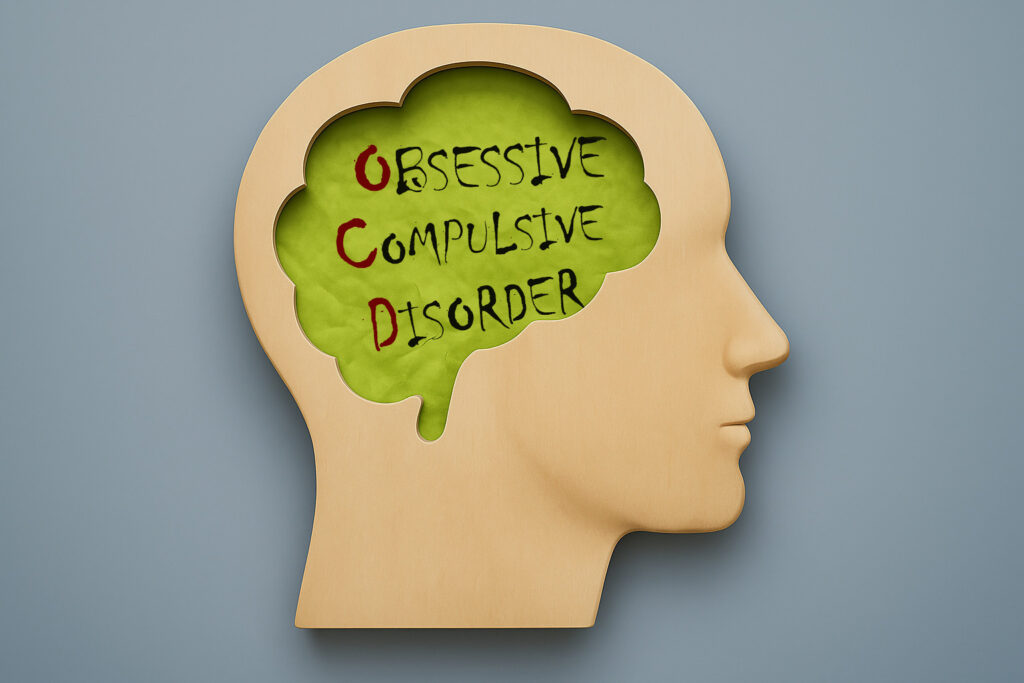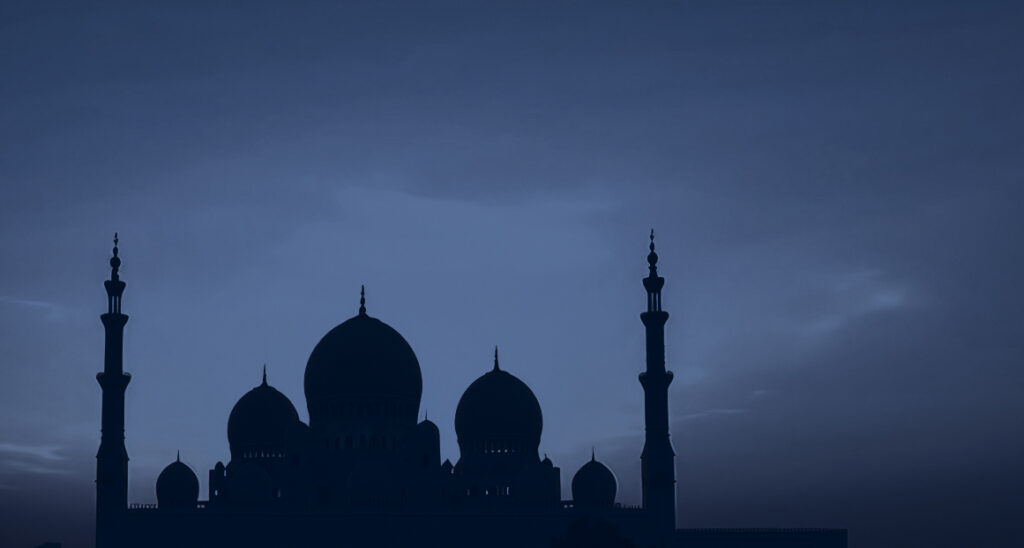ARTICLES
In a world divided by conflict and moral uncertainty, the timeless example of Prophet Muhammadsa offers guidance and hope humanity still desperately needs.
Panic Attacks are sudden waves of intense fear that can feel overwhelming, but with awareness and the right strategies, they are manageable and treatable.
A father’s personal journey, reflecting on how the Prophetic teachings celebrate daughters as blessings, not burdens, and how his influence—resonating through time—safeguards against such societal prejudices.
Did Prophet Noah’s age really exceed normal human lifespan? Or does the ‘950 years’ represent the period of his law and dispensation? What deeper message does the Quran convey by mentioning this period?
Since the rise of New Atheism, the demand to prove God empirically has grown louder. Nevertheless, this insistence is nothing more than an old, rejected argument—repackaged and presented as new.
Amid global turmoil and escalating injustice against Palestinians, the Ahmadiyya Caliph calls for prayers and urges leaders to reform, embrace justice, and work towards lasting peace.
True service lies in using one’s skills for humanity. The Ahmadiyya Caliph reminds architects that true success is found in service—designing affordable homes and hospitals that uplift the poor and strengthen the Community’s humanitarian mission.
Today marks 80 years since the atomic bombings of Hiroshima and Nagasaki, and the world seems to be standing on the brink of another global conflict. Has time erased our memories?
Obsessive-Compulsive Disorder (OCD) is a complex but treatable mental health condition marked by intrusive thoughts and repetitive behaviours. Early recognition and timely intervention are key to managing symptoms and improving quality of life.
Terrorism thrives where justice and public welfare are neglected. The Ahmadiyya Caliph urges leaders to serve the people and build economic stability to prevent extremist influence and preserve national peace.
School bullying is a serious issue with potentially devastating consequences. The Ahmadiyya Khalifa highlights the crucial role of parents in building their children’s confidence and taking practical steps to tackle the problem.
Are extremists truly driven by faith? Or are they merely using it as a guise to further their own interests? What does Islam teach about peace and violence?
Far ahead of its time, the Covenant of Medina introduced practical methods for fostering pluralism among the diverse peoples under its jurisdiction—a key foundation for building a society based on freedom and mutual trust.
Throughout its history, Earth encountered many paradoxical challenges that threatened its journey towards life. On this Earth Day, let us explore some of the intricate factors that make Earth the only home to life we know.
The importance of discerning truth from falsehood cannot be overstated in today’s world of widespread disinformation. On this International Fact-Checking Day, let us reflect on the Islamic framework for verifying information and upholding truth.
True Eid is the day a person sincerely repents and turns to God. The Ahmadiyya Khalifa highlights that the real essence of Eid lies in upholding the spirit of repentance and righteousness cultivated during Ramadan.
As this year’s Ramadan draws to a close, we should seek to carry its blessings forward throughout the year. As we bid farewell to this blessed month, let us not bid farewell to the spirit it ignited within us.
Whenever the world plunges into the abyss of darkness and the night appears endless, a night of divine decree manifests, reminding of a radiant dawn that is about to follow.
The Ahmadiyya Khalifa emphasises that forcing young children to fast is wrong and highlights the importance of considering their physical well-being.
Women’s mental health is often overlooked, yet understanding the challenges women face and adopting coping strategies can enhance their emotional strength. On International Women’s Day, let’s prioritise women’s mental well-being.























